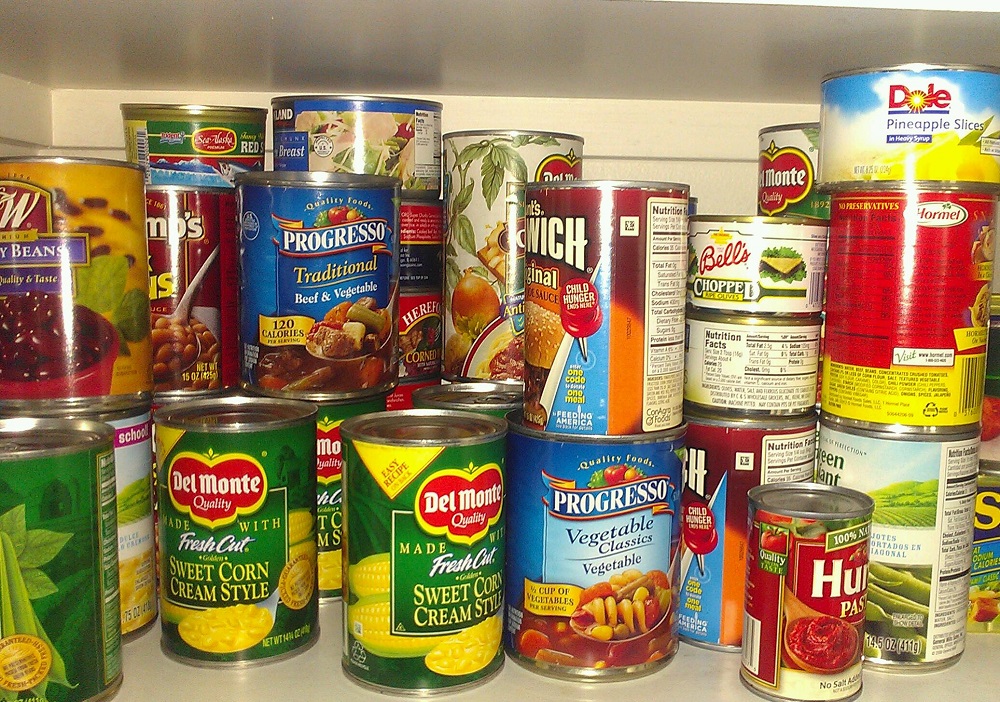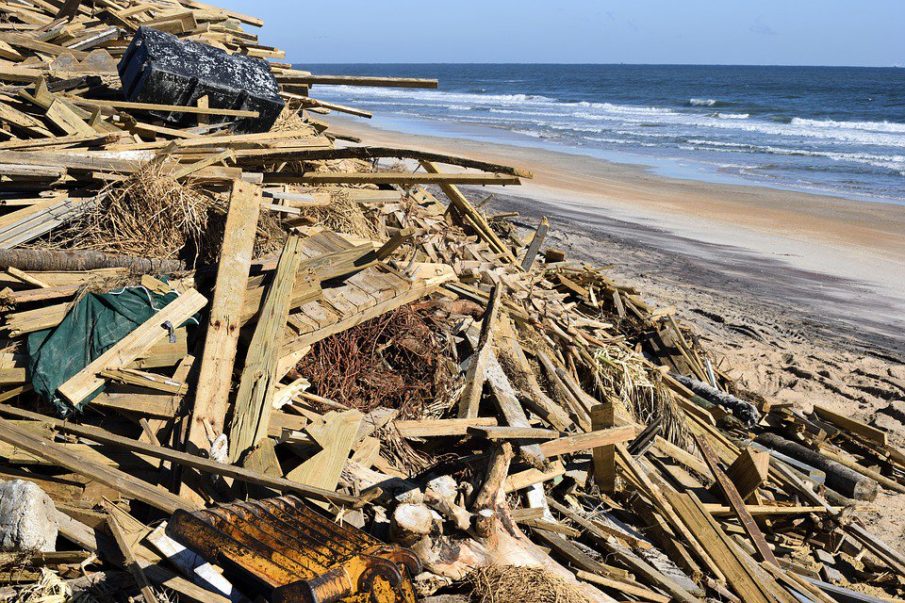
Planning and Thinking Outside the Box
When dealing with both electricity and home heating planning, it is important to remember to think outside the box and don’t get married to one idea. When selecting your generator it is important to calculate the amperage that will be needed to run your furnace (or boiler), as well as lighting and circulation. Many people have unrealistic expectations for their generators and comfort level during these times.
Many generators companies make an easy to use worksheet to calculate the proper size of generator you will need. I can’t stress enough, this type of planning should be realistic, you aren’t going to be running a microwave, all the lights in the house, and a TV during an outage. You need to find a realistic comfort level between necessities and niceties.
Be sure to be armed with all the important information on your appliances and amperage needs when you begin to shop for generators. Major retailers like Costco, Lowe’s , Home Depot and even Cabella’s sell many different brands of emergency generators. A qualified, licensed, and bonded professional should do all of the installation of the needed switching gear to protect both you, and the power company.
Alternative Ideas
I realize not everyone will have the ability, resources, or desire to have wood piles behind their house (or generators in their garages). This leads us to alternative ideas for heating. I have known people to use propane tanks and small personal heaters such as the Mr Heater while on hunting trips and they work quite well in smaller spaces. There are also larger style heaters that mount directly to gas BBQ cylinders that produce to up 30,000 BTU’s of heat.
Any safe source of heat in an emergency should be considered, keeping body temperatures up is more important than being well fed. The human body can survive weeks with little or no food, but once the core body temperature drops bad things happen, and they happen fast. Heat in the winter is a life or death situation.
It’s important to remember not all of these heaters are designed to be used in closed spaces, and carbon monoxide levels should be monitored while using them. Storing all combustibles away from the front of these heaters is also highly advisable. I have seen buildings catch fire while using these larger style heaters, it was a wondrous sight to watch the building burn, but not advisable. Consult the user’s manual, and do your research before buying heaters (there are many variables to consider).

Safety and Sustainability
The final segment we need to address is safety and sustainability. While it sounds about as much fun as watching paint dry, it needs to be addressed. Any well laid out plan should have these two factors included, so we’ll focus on safety first. When fueling and maintaining generators it’s important to shut off the unit before any service is to be performed. Mufflers on generators get hot and easily will ignite any drops of fuel that may fall on them.
When checking electrical connections and any exposed wiring, it would be wise to have an electrical multi-meter on had (and some basic insulated hand tools). Remember, a generator is basically a small power plant and the voltage it produces can, and will be fatal under the right circumstances. Check all connections for scorches, burns, or discoloration that might indicate problems.
If you chose choose a wood stove/fireplace as an alternative heat source be sure to keep a watchful eye for sparks/burning embers which could ignite combustibles such as carpet. If you have a fireplace or wood stove you should already know this.
Sustainability a form of the word Sustain, defined by Websters Dictionary as : to undergo, experience, or suffer (injury, loss, etc.);endure without giving way or yielding.
In order to sustain ourselves in a post emergency environment, we have to have supplies. This means again we have to have planned for said event. If you are incorporating a wood stove or fireplace into your recovery plan, then you should have dry wood and combustible materials stored and readily accessible.
If you are using a gasoline powered emergency generator, are you sure you have enough gasoline on hand? Have you used fuel stabilizer in any gasoline that you have previously stored in order to sustain it? If you are using propane heaters, have you taken an inventory of how many and what size canisters you have available? These are important questions to consider,
There is no one size fits all plan to any emergency situation or recovery operation. The intent of this article was to hopefully open your eyes and help you to start to look at situations that may present themselves. If you are starting emergency preparedness planning and have questions, that is what we are here for. Our writing staff have an amazing pool of talents, skills, and operational experiences, simply drop us a line using the Comms Check Link and ask your question. Someone will most likely be able to help. Until then stay safe and Happy Holidays
Rick D.
Feature image courtesy of Pixabay
This article is courtesy of The Loadout Room.











COMMENTS